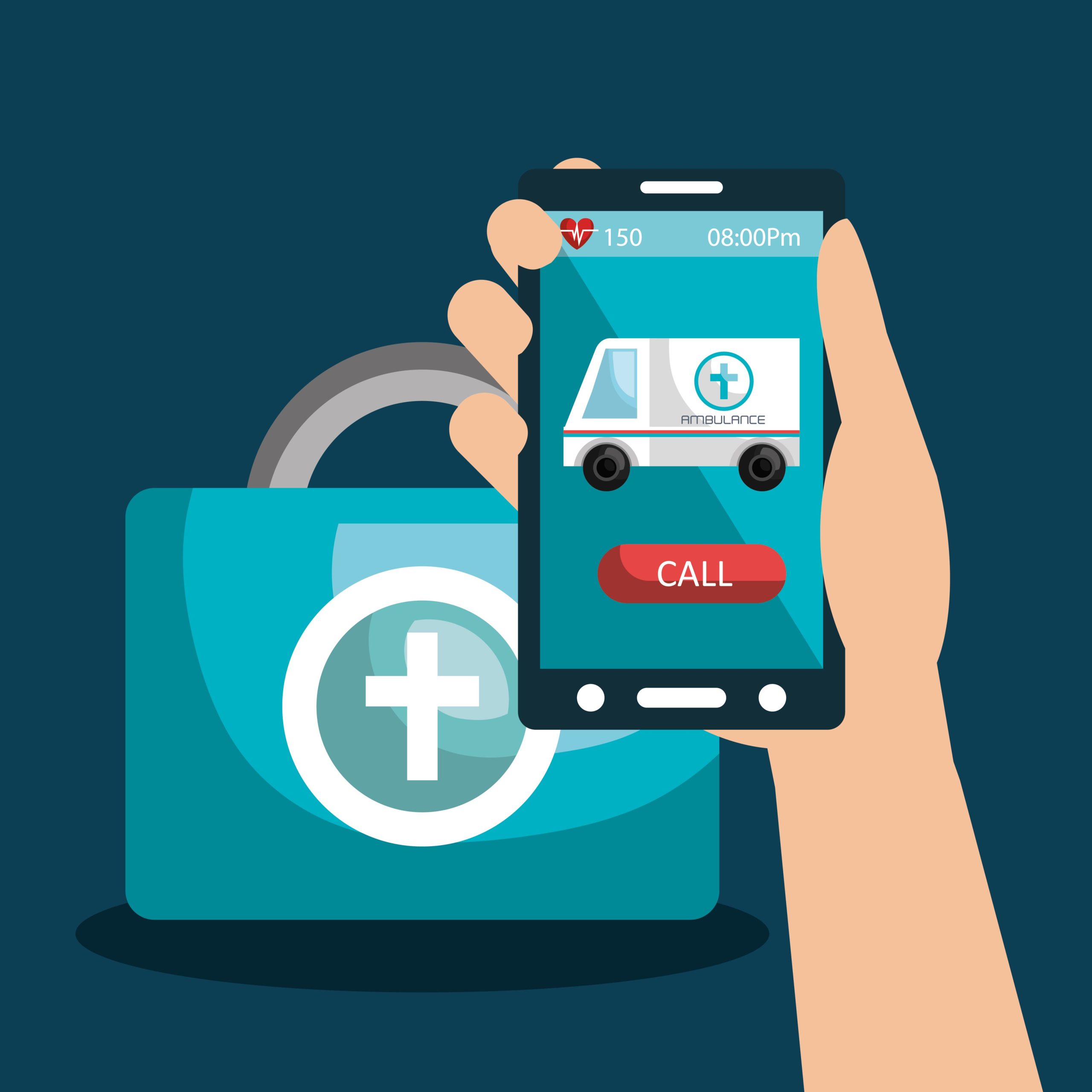
Introduction
The rapid advancements in Artificial Intelligence (AI) and the Internet of Things (IoT) have significantly impacted various industries, and healthcare is no exception. Among the numerous innovations, medicine delivery app development has witnessed a substantial transformation. AI and IoT are not only improving efficiency but also enhancing customer experience, optimizing logistics, and ensuring timely medication delivery.
In this article, we will explore how AI and IoT are revolutionizing medicine delivery app development and reshaping the pharmaceutical distribution landscape.
The Growing Demand for Medicine Delivery Apps
With the rise in chronic diseases, aging populations, and increasing digital adoption, the demand for medicine delivery applications has surged. Patients now prefer the convenience of ordering medications from their smartphones rather than visiting physical pharmacies. The COVID-19 pandemic further accelerated the adoption of these apps, emphasizing the need for digital solutions in the healthcare sector.
However, traditional medicine delivery apps face challenges such as inaccurate prescriptions, delivery delays, and inventory mismanagement. AI and IoT are emerging as game-changers in addressing these issues and enhancing the overall efficiency of medicine delivery services.
Role of AI in Medicine Delivery App Development
1. Enhanced Prescription Management
AI-powered medicine delivery apps can analyze prescriptions, verify their authenticity, and ensure that patients receive the correct medication. Optical Character Recognition (OCR) technology allows apps to scan and interpret handwritten prescriptions, reducing human errors. Additionally, AI algorithms can detect fraudulent prescriptions and prevent misuse.
2. Personalized Medicine Recommendations
AI enables medicine delivery apps to offer personalized medication recommendations based on patient history, allergies, and previous purchases. By analyzing user data, AI can suggest alternatives in case of medication shortages and provide reminders for prescription refills, improving medication adherence.
3. Smart Inventory and Supply Chain Management
AI-driven inventory management systems ensure that pharmacies and warehouses maintain optimal stock levels. Predictive analytics help anticipate demand fluctuations, preventing overstocking or stockouts. Additionally, AI assists in supply chain optimization by identifying the fastest and most cost-effective delivery routes.
4. Automated Chatbots for Customer Support
AI-powered chatbots provide instant customer support, assisting users with medicine orders, dosage instructions, and payment issues. These chatbots operate 24/7, reducing the need for human intervention and improving user experience.
5. Fraud Detection and Security
AI helps detect suspicious transactions and fraudulent activities, ensuring that only genuine customers can place orders. It also enhances data security by identifying vulnerabilities and preventing cyber threats.
Role of IoT in Medicine Delivery App Development
1. Real-Time Tracking and Monitoring
IoT-enabled sensors and GPS tracking allow users and delivery service providers to monitor medicine shipments in real time. Patients can receive accurate Estimated Time of Arrival (ETA) updates, ensuring transparency and reliability.
2. Temperature and Environmental Control
Many medicines, such as vaccines and insulin, require specific temperature conditions during transit. IoT sensors help monitor temperature, humidity, and other environmental factors, ensuring the safe delivery of sensitive medications. If temperature fluctuations are detected, the system can alert the provider to take corrective action.
3. Automated Reordering System
IoT-integrated smart pill dispensers can track medication usage and automatically place refill orders through the medicine delivery app. This feature is particularly beneficial for elderly patients and individuals with chronic conditions who require regular medication.
4. Improved Logistics and Route Optimization
IoT technology enhances logistics management by optimizing delivery routes, reducing delays, and minimizing fuel consumption. Smart traffic analysis and route planning ensure timely medicine deliveries, enhancing customer satisfaction.
5. Remote Health Monitoring
IoT-powered wearable devices can monitor patients’ health conditions and sync data with medicine delivery apps. Based on real-time health parameters, the app can recommend necessary medications, alert doctors, and ensure timely medicine delivery.
Benefits of AI and IoT Integration in Medicine Delivery Apps
1. Increased Efficiency
AI and IoT streamline operations, reducing manual intervention and eliminating inefficiencies in prescription verification, inventory management, and logistics.
2. Enhanced Accuracy
With AI-driven prescription analysis and IoT-enabled environmental monitoring, medicine deliveries become more accurate and reliable, reducing the chances of medication errors.
3. Better Customer Experience
Personalized medicine recommendations, real-time tracking, and automated customer support enhance user satisfaction and trust in medicine delivery apps.
4. Cost Optimization
Optimized supply chains and logistics reduce operational costs, allowing medicine delivery service providers to offer competitive pricing to customers.
5. Regulatory Compliance
AI and IoT help ensure adherence to healthcare regulations by maintaining accurate records, monitoring sensitive medicine conditions, and preventing fraudulent activities.
Challenges and Future Trends
Challenges
-
Data Security and Privacy Concerns: The integration of AI and IoT involves handling sensitive patient data, making security a top priority.
-
High Implementation Costs: Deploying AI and IoT requires significant investment in technology, infrastructure, and expertise.
-
Regulatory Compliance: Adhering to healthcare and pharmaceutical regulations can be complex and vary across regions.
Future Trends
-
AI-Powered Drone Deliveries: AI-driven drones can enhance last-mile delivery, especially in remote areas with limited access to pharmacies.
-
Blockchain Integration: Blockchain can add an extra layer of security, ensuring transparent and tamper-proof transactions.
-
Voice-Activated Ordering: AI-powered voice assistants will enable hands-free medication ordering, improving accessibility for elderly and disabled users.
-
5G-Powered IoT Connectivity: Faster data transmission with 5G will improve real-time tracking and remote health monitoring capabilities.
Conclusion
The combination of AI and IoT is revolutionizing medicine delivery app development, making it more efficient, secure, and user-friendly. From smart inventory management to real-time shipment tracking and automated prescription analysis, these technologies are enhancing every aspect of medicine delivery services.
As AI and IoT continue to evolve, we can expect even more innovative solutions in medicine delivery, ultimately improving healthcare accessibility and patient outcomes. Businesses investing in AI and IoT-driven medicine delivery apps will gain a competitive edge in the rapidly growing digital healthcare market.





Leave a Reply